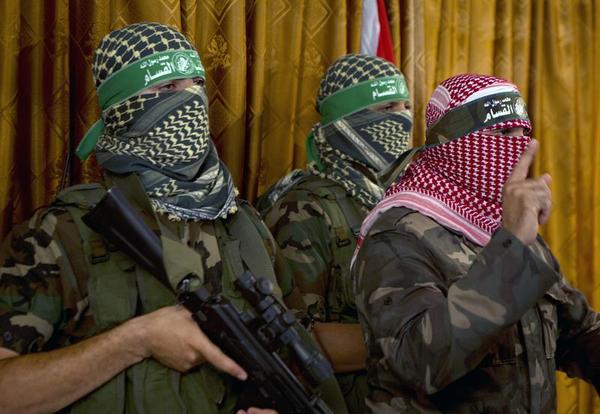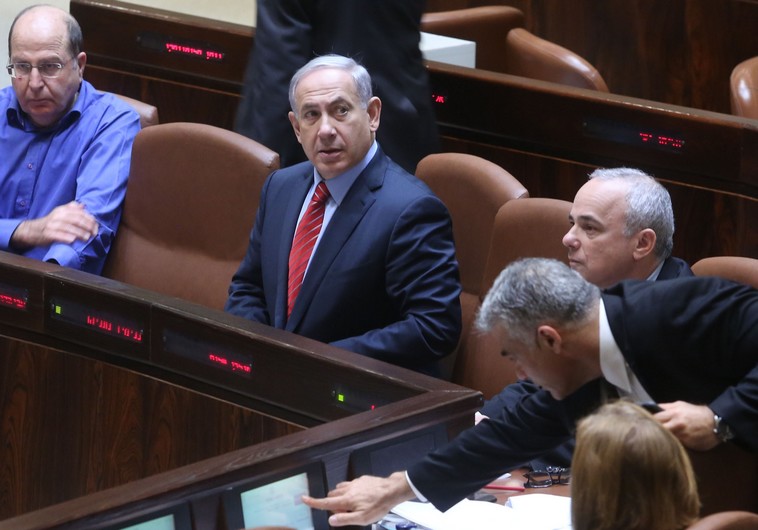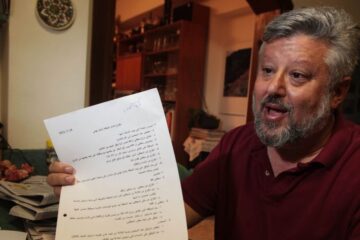I was a child during the war in Vietnam. I demonstrated against the war and raised consciousness against it among my classmates. There were, at the time, many political slogans on buttons that one would wear on their shirt advocating different political positions. Two of my favorite anti-war buttons were: “War is not healthy for children and other living things” – so true when we see the brutality of the Russian war machine in the Ukraine, and the second was “Suppose they put on a war and nobody came.” I have thought about that one so many times in so many places when I participated in demonstrations.
Every week on Friday afternoons there is a demonstration in Sheikh Jarrah in Jerusalem against the removal of Palestinians from their homes and the transference of the ownership of those homes to Israeli settlers. Most weeks the demonstration ends, everyone goes their own way and there is no violence. When there is a massive police presence, inevitably someone provokes the police or the police provoke someone and it ends with violence (more often than not, it is the police who start the violence).
I have experienced so many demonstrations in the West Bank against land grabs for settlements in places like Bil’in, Nahalin, Nebi Salah, al-Masara and more. When there is no military presence the demonstration takes place for one or two hours and then everyone disperses. On many occasions though, the army or the police or both enter the location of the demonstration and then some of the young Palestinians throw stones at the police or soldiers and then all hell breaks loose including the use of massive tear gas, the “skunk” spraying horrific liquid at people and property and often with the arrest of some of the demonstrators. There were many times when the demonstrations took place and ended as peacefully as they began.
I remember one demonstration in Nebi Salah that as we marched from the main square of the village towards the road that leads to the entrance of the village, we were bombarded with an unreal amount of vicious treat gas. There was no threat to anyone and the villagers had no intention to block the road or to throw stones. Once the provocation of the army with the tear gas happened, the young people threw stones for the next hours, and some of them were then injured from rubber bullets and other weapons used by the army.
In all of these cases, if there was no police presence, or if the police and army kept their distance from the protesters, the demonstrations would end without any violence. In most of the cases that I have witnessed, it appeared to me that the police and army presence was there only to make a statement “we are here and we are the owners, rulers, and sovereign power, and not you or anyone else.”
I WALKED around the Old City of Jerusalem and sat outside of Damascus Gate for about 30 minutes on the day before the month of Ramadan began. I also walked in West Jerusalem the length of Jaffa Street from the Jerusalem Municipality to and around Mahaneh Yehuda. I have never seen so many police and soldiers in Jerusalem. All of the government spokespeople stated that because of the three last terrorist attacks in Beersheba, Bnei Brak and Hadera, the Israeli security forces wanted to provide us all with a sense of security.
That term always makes me smirk because I am much more interested in having real security than a sense of security. Perhaps in the immediate aftermath of three consecutive terror attacks inside Israel with two of the three committed by Palestinian citizens of Israel, there was an acute need to provide a sense of security, as well as serving as a deterrence against any other would-be terrorists.
Since the beginning of Ramadan, according to government statements and along with the Negev Summit of foreign ministers, the visits of Public Security Minister Omer Bar Lev and President Herzog to King Abdallah in Jordan and the King of Jordan’s visit to Ramallah were with the aim of all to lower tensions and preempt possible violence as we experienced last year during Ramadan. The Israeli army also did not impose a closure on the occupied territories, as it had done every spring holiday season for as long as I remember.
There were also face to face meetings with the leaders and security officials of Israel and the Palestinian Authority. This year, Israel also decided not to cage the Damascus Gate as it did last year. I was there as municipal workers were hanging the last of the Ramadan decorations for the Damascus Gate area. Everyone was hoping that the first nights of Ramadan, when thousands of Palestinians pass through Damascus Gate on their way to prayers in al-Aqsa and where hundreds of young people gather every night during Ramadan to sit, meet, socialize, eat and generally celebrate. It is here where I ask, suppose they gave a war and nobody came?
The police presence is there to make a statement and the statement is clear: Israel is the side in charge – no one can debate that reality, at least for the time being. But, what would happen if after sun down the police backed off and went up the street to the Israeli side of Musrara? They would be close enough if there was a real need for them to be there.
But, what if the plaza in front of Damascus Gate was without heavily armed Israeli police presence and the Palestinians there, mostly youth were free to celebrate and party into the wee hours before their new fast for the new days begins? I imagine that there would be no violence, no throwing of stones or bottles because there would be no one to thrown them at. This is a much better way to ensure that this month of Ramadan passes peacefully.


